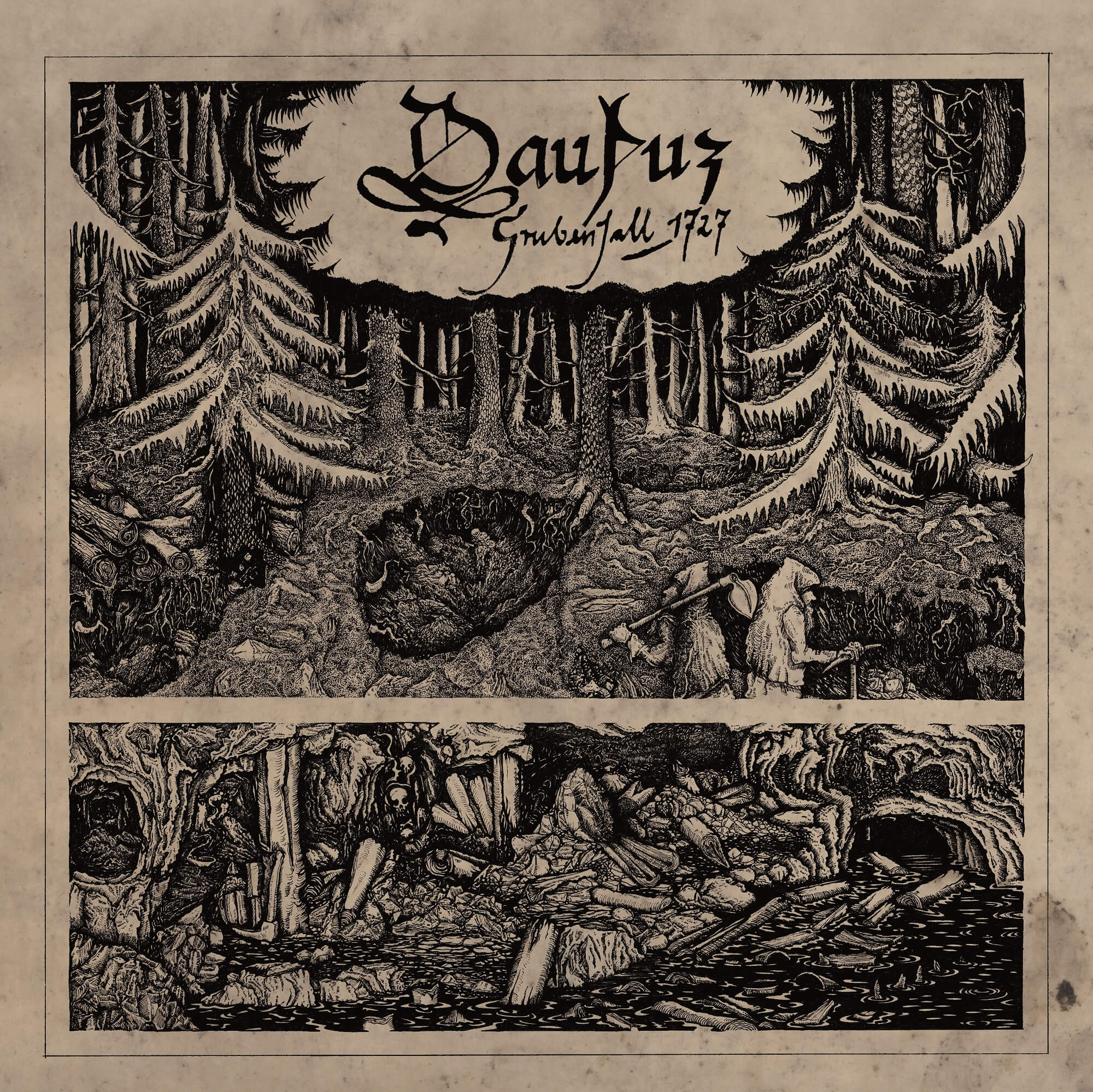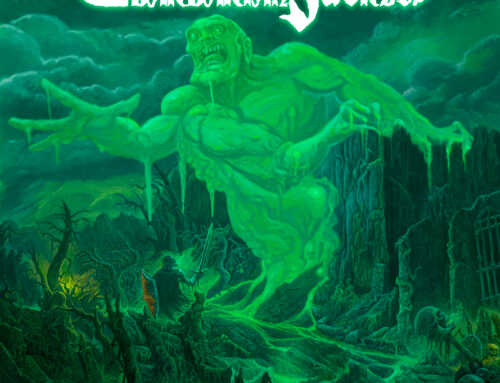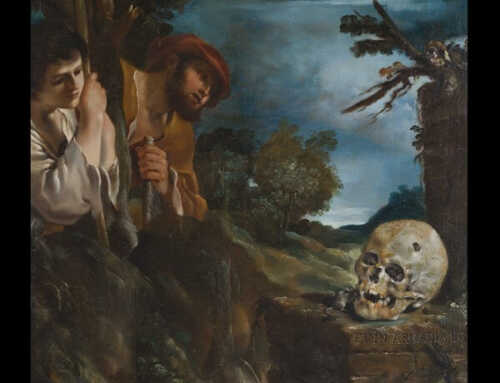The three compositions which serve to constitute the new release from German black metal duo Dauþuz show in macrocosm the varied tools that the black metal musician has at his or her command in concise nature; the acoustic introductory piece, which is also the title bearer of the release, shows the filigree aspect of the genre in high definition. Sparse yet seemingly full of emotion, the musicians convey feelings of unease, of perhaps an impending calamity possibly amplified in reverse ratio to the gentility of the music. As a device to both set the scene of the story told and to perhaps guide the expectations of the listener it works perfectly, if perhaps achieving it’s goals in a stylistically prosaic fashion.
The remaining brace of compositions will satisfy the expectations of those in the listening realm who require more intensity from the artist. Kerker der Ewigkeit builds steadily in force; As it’s base point was already deeply rooted in the necessary storm of musical chaos required of all black metal, it does not take much imagination to see the maelstrom of guitars and drums with which the piece reaches it’s climax. The listener will also appreciate the mixture of vocal styles used within the piece, with both guttural and choral styles playing their part in portraying the story the artists wish to tell.
The third and final composition, Die letzte Fahrt, seeks to find a commonality between it’s companion pieces, starting with the use of acoustic instruments before quickly establishing a classically epic black metal feel. Again the vocal styles are varied by the artists, and again the device, though simple, achieves the required level of artifice to satisfy the listener. The feel, though the listener knows the instrumentation used by the composers to be simple, is one of immensity and scope. Thus are the great pieces of the past, the works perhaps of Wagner or even Mahler, brought to a modern day theatre.
Grubenfall 1727 is released on June 21st.








Leave A Comment